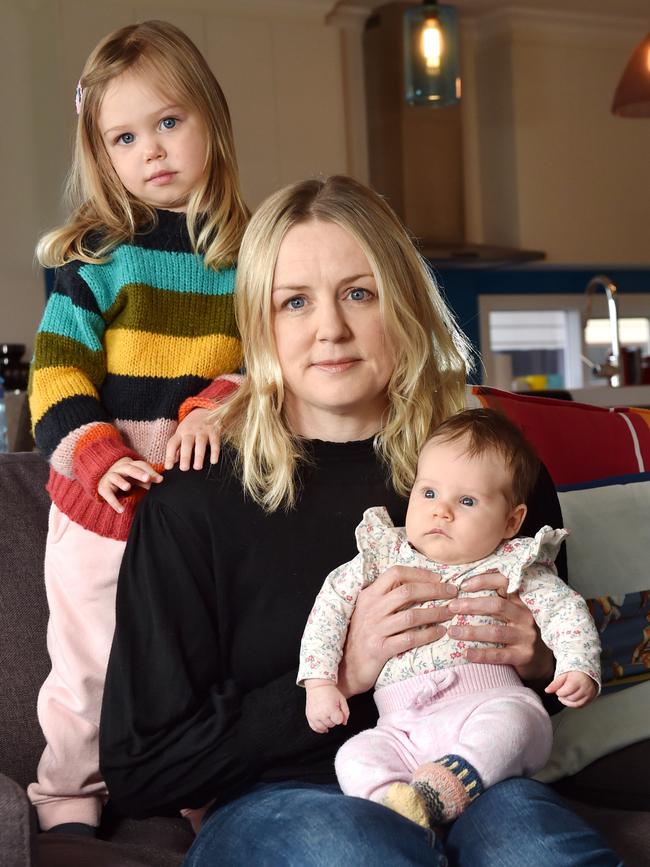Lack of super on parental leave costs Victorian mums $42m a year
A “hidden pregnancy tax” is gouging Victorian mums of more than $42 million a year, with women in Melbourne’s west the worst hit.
Victoria
Don't miss out on the headlines from Victoria. Followed categories will be added to My News.
Victorian mums have missed out on more than $420 million in retirement savings over the past decade because super is not paid on parental leave.
The lack of super on the federal government’s paid parental leave scheme cost 45,400 Victorian mums $57.5 million in missed super payments and earnings in 2019-20, with close to 16,000 of these women located in Melbourne’s outer west.
The findings flow from analysis compiled by Industry Super Australia.
They come as the super industry renews its push for the federal government to pay super on parental leave and Labor promises to commit to the proposal at the next election in an effort to close the retirement nest egg gap between men and women.
Industry Super Australia analysis shows around 380,000 Victorian mums have accessed the government’s parental leave scheme over the past decade as they took time off work to care for a newborn.
But while the scheme provides new mums and dads with a payment for up to 18 weeks, that income does not include super.
Employers are also not required to pay super on parental leave — businesses can opt to do so but most do not.

Parental leave is the only form of paid leave where there is no requirement to pay super.
Super Australia Advocacy director Georgia Brumby said the lack of super on parental leave overwhelmingly impacted women as 99.6 per cent of Victorians accessing the Commonwealth Parental Leave Pay scheme were women.
“Victorian women are being made to sacrifice their retirement savings to have children,” Ms Brumby said.
“It’s hard enough trying to juggle work and raising a family — it’s not fair that thousands of women are also being slugged with this hidden pregnancy tax on their super, as well.”
Project manager Lucy Carrigg is taking time off work to look after her nine-week-old daughter, Billie.
Ms Carrigg accessed 12 weeks of parental leave via her employer’s scheme, which paid super on it.
But no payments will go into her retirement nest egg when she accesses the government’s scheme.
“I think it’s a no-brainer,” she said.
“There is already a big gender pay gap, women already retire with less super and this is just another factor contributing to that. For such a modest investment by the government, it would really help out a lot of women later in life.”




